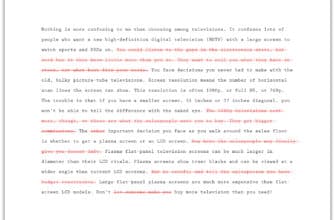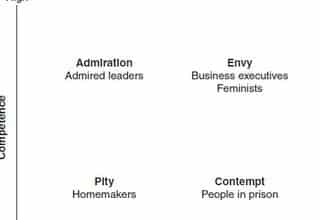I’ve recently had the feeling that I’m so intent on my end-goal, I might be missing some of the prompts around me. I get so excited about what I’m trying to accomplish and so focused on the path to get there that I lose sight of ways I could expedite or improve my route to the finish line. We often call this “missing the forest for the trees.” I’m leaning towards Dumb and Dumber.
When the first Dumb and Dumber movie came out in 1994, I laughed with everyone else at Lloyd and Harry misadventures as these dimwitted friends missed every social cue and basic bit of common sense. In one of my favorite scenes, Lloyd and Harry are walking home. While discussing how they will “get their ‘big break’ one day,” a tour bus pulls up consisting of the Hawaiian Tropic Bikini team:
ContentsBikini Girl: Hi guys. We’re going on a national bikini tour, and we’re looking for two oil boys who can grease us off before each competition.
Harry: You are in luck! There’s a town about three miles that way. I’m sure you’ll find a couple guys there.
We may see this as humorous idiocy at it’s finest, but before you judge, consider whether we are really paying attention to the common sense all around us. In a recent study, scientists from the Brigham and Women’s Hospital performed an experiment to test the observational powers of seasoned radiologists. The radiologists were shown hundreds of CT scans of a human lung and asked to look for cancer nodules. Below is an example of one of the scans. Can you find the bright white cancer nodules?
How many nodules did you find? Also, did you happen to notice the gorilla in the top-right corner? If not, don’t worry: only 16% of the radiologists noticed it. This mental trickery is heavily influenced by inattentional blindness, the failure to notice a fully visible yet unexpected object because attention was engaged on another task, event, or object.
Since we are only able to concentrate on a definitive numbers of details at any one time, inattentional blindness helps us focus on the most relevant information. This is beneficial when we must concentrate on simple tasks while surrounded by distractions. Its less helpful, however, when we are working with complex concepts over long stretches of time where facts are constantly changing, i.e. most of the work we do.
You may be asking whether we can completely avoid inattentional blindspots. I’d say the changes are not good. “Not good like one out of a hundred?” you might guess. I’d say more like one out of a million.
So you’re telling me there’s a chance!
All of us are overlooking details in our immediate vicinity and, worst of all, we have no idea how much we are neglecting to see. Coupled with that, there is no cure for inattentional blindness; it is an affliction from which we all suffer. However, there are a few things we can do to increase our attentiveness.
Take the time to re-focus. Our days are fast-paced and chalk-full of interruptions, emergencies, and shifting information. If you don’t set aside time to re-evaluate priorities, re-forecast expectations, and re-assess whether you should even be doing what you are doing, you will get lost in the minutia of the day.
Stop looking down at your phone. Much of our inattentional blindness is self-induced. We are absorbed in the eager anticipation of the next text or facebook post leaving us unable to notice what is happening in our immediate physical space. Try leaving it in your pocket (on silent, non-vibrate) while walking into the breakroom or, if you’re a real daredevil, don’t bring the phone to your next meeting.
Look for disparities. It’s easy to re-affirm what we already know. You can watch news channels with your political leaning, read books by those with your point of view, and avoid conversations that aren’t of your primary interests. Instead, search for things, ideas, and people who make you think. This will expand your point of view and make you more cognizant of discrepancies in other aspects of your life.
Be flexible. Pre-conceived ideas are the foundation of inattentional blindness. When we become too constricted in our expectations, it is too easy to lose sight of everything else. Maintain an open mind and accepting point of view.
Don’t be victim to your inattentional blindness. If we are myopically marching towards our goals, our psychological blinders will cause us to miss the hidden gorillas in our lives. With an open outlook, open attitude, and open eyes, you will avoid the fallacies associated with pre-determined, confining judgments. You never know, that Hawaiian Tropic tour bus could be right around the corner.








